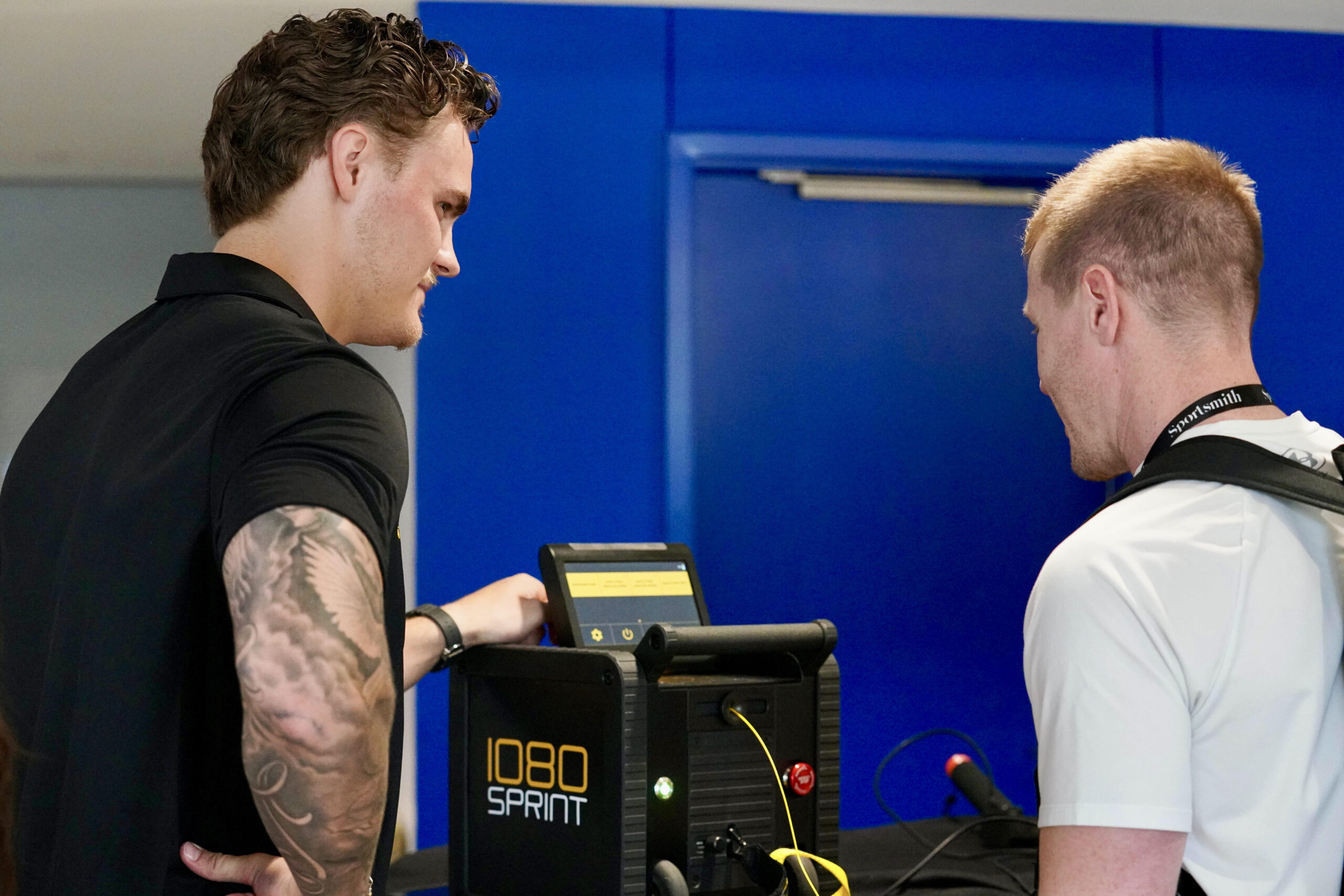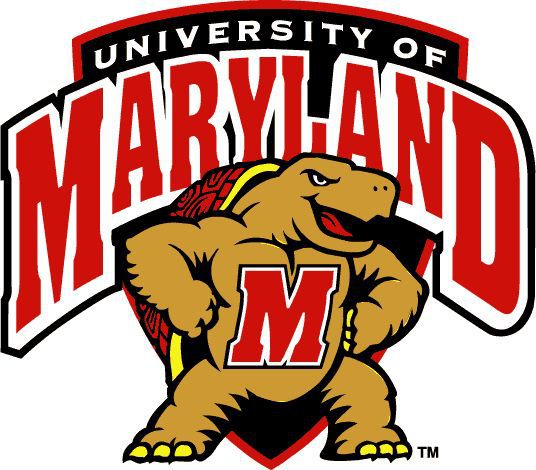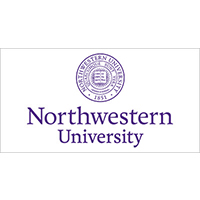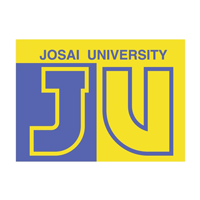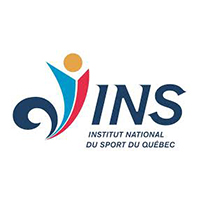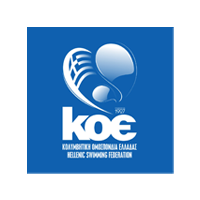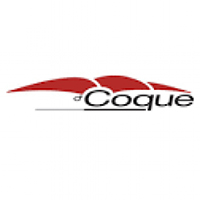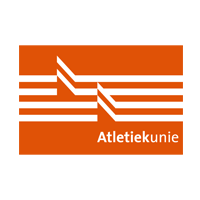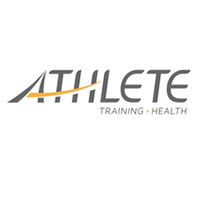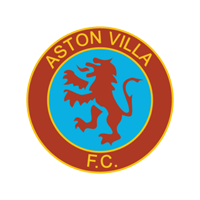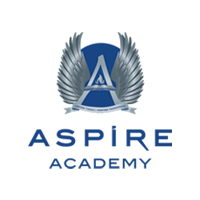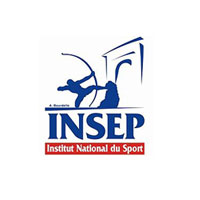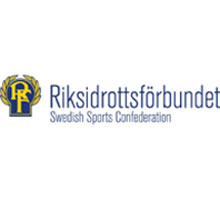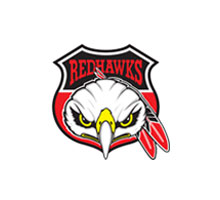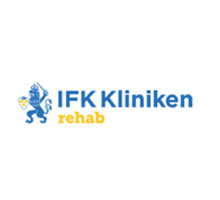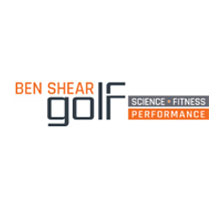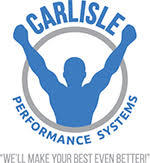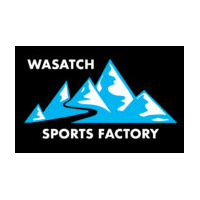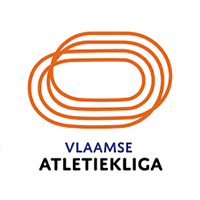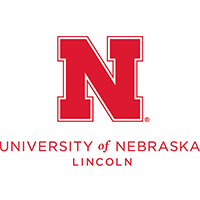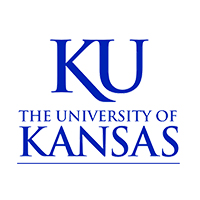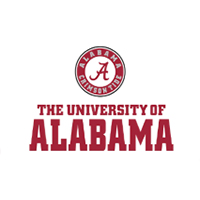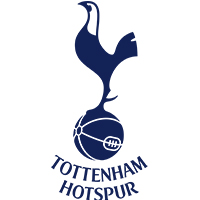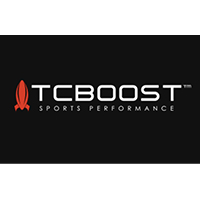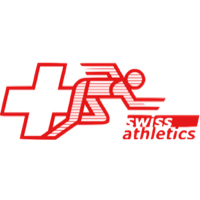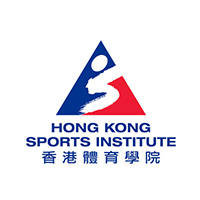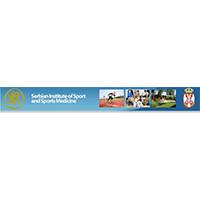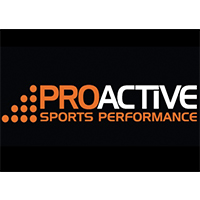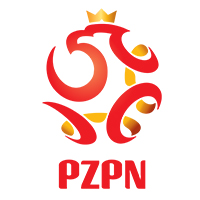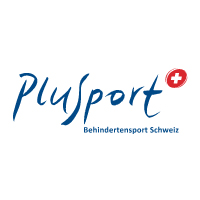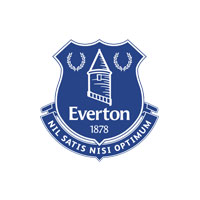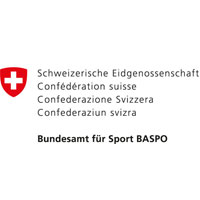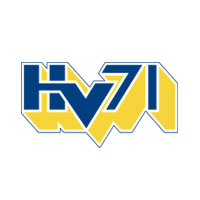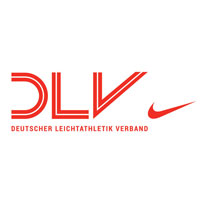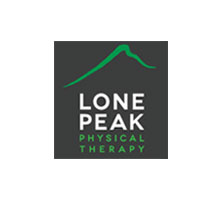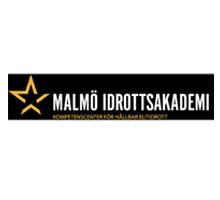Interest in speed continues to be at the forefront of thinking in the sports performance world. This was manifested on June 1-2 at the Sportsmith Speed Conference in Pittsburgh. The speaker lineup consisted of some of the best speed coaches and researchers. From the response of many, this highly anticipated event did not disappoint.
We asked four sports performance specialists – Mark Hoover, Metrolina Christian Academy; Craig Turner, University of Pennsylvania; Dave McDowell, Brock University; and Adam Vogel, Homewood-Flossmoor High School – to share their favorite insights from the conference. Here are some of the highlights that they provided.
1RM is no longer King!
For several decades, the ‘strength’ in strength & conditioning programs has been the focus in physically preparing athletes. S&C coaches still relish posting social media videos of athletes chasing numbers in the weight room.
However, the “1RM is king” mentality is slowly but surely dying off, says Mark Hoover. He continued “It was refreshing to be in a room with many of the best performance coaches in the world and not one time in any presentation or conversation was the term “one rep max” ever used. Instead, the idea of training athletes for performance and using the barbell as a spoke in the wheel instead of the hub is beginning to be a mainstream approach.”
So, if 1RM is no longer king, what’s replacing it?
Game Speed
Hoover and many others mentioned that there was a lot of talk about game speed. Game speed is more about the speeds used on the field or court instead of linear, longer sprints – or what some may call “track speed”.
One speaker who focused on this concept was Tony Villani. Villani used the metaphor, “Speed is a zebra. Game Speed is a lion! And agility is a lion that wins at attack!” His approach is to start by training linear sprinting speed, and then to learn game speed by adding deceleration training and agility. In general, it should take 3 hard steps to get to game speed then it’s a matter of being a threat vertically but still being able to change direction under control without spinning out or slowing down (if needed), which caught the ears of both Hoover and Vogel.
Frameworks for Speed Development
Frameworks are a real or conceptual structure intended to serve as a guide or support for building something – in this case speed (or game speed). Frameworks, or models, were mentioned in a few presentations and Craig Turner offered this key point paraphrased from Derek Hansen “Although it is important to have a framework on paper to create your process, the phase progressions and where the athlete fits should be based on the responses and needs of the athlete.”
In addition, McDowell points to Stu McMillian who commented that “the individual pieces of training are worthless if they do not fit the overall system. Just dropping in elements that do not align with the overall goal of the entire system will most certainly lead to failure or at best sub optimal results.”
Both of these points relate to being able to “coach to the demand, not the model” as stated by Nick Hill of Exos. McDowell and Vogel liked this idea from Hill that “sometimes with elite athletes, we don’t need to obsess if they are effective without hitting a technical model; it may be necessary to lean into things that they do that deviate from the norm, rather than push them towards the “ideal” model of what we believe to be correct” using the example of Xavier Worthy. Worthy, who ran a record-breaking 4.21 second 40-yard dash at the 2024 NFL Combine, is seen by many to reach or overstride in the first 10 yards. Vogel also mentioned Hill’s comments on that “if you take away something that makes someone good, it might then make them worse.”
Technology
Ok, we are a little biased, but we really enjoyed these comments from another technophile, Mark Hoover. Mark shared with us that “there seems to be a thought process out there with some that the use of technology is a crutch or somehow is being used to “fake” coaching. This conference had an underlying theme that those ideas could not be further from the truth. The truth is technology is being used by the best in the world to not only monitor in session, but to determine what protocols impact performance. It’s being used in coordination with high-level “coach’s eye” to guide training away from thought processes based on history of use and into a more evidence-based approach.”
He continues “Technology can’t replace a great coach, but it can make a great coach more aware of optimal practice and help them to optimize training. A master craftsman can build a house with a hammer and nails. Give him the opportunity to use the most advanced tools and they will build the same house, just faster and in a more optimal and efficient way.”
Sounds like a master coach using the 1080 Sprint to test and train acceleration, maximal velocity, game speed, deceleration and change of direction.
Thanks to Mark, Craig, Dave, and Adam for sharing with us, and congratulations to Sportsmith, the speakers, and the University of Pittsburgh for a great conference.
Until next time – Make Speed Happen.
